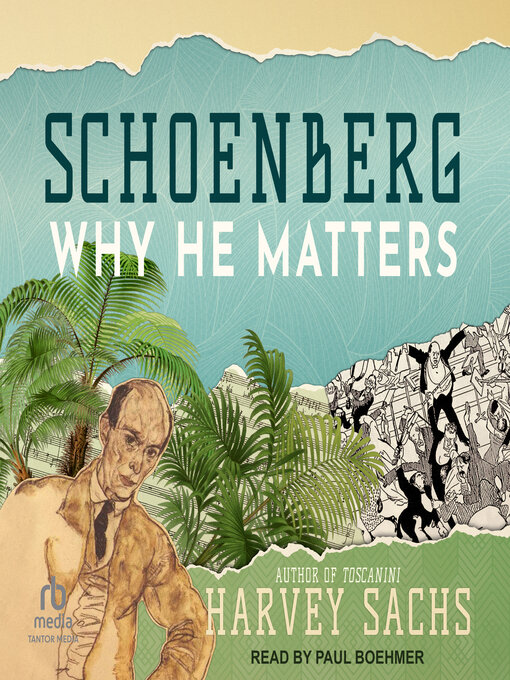- Available now
- New eBook additions
- New kids additions
- New teen additions
- Most popular
- Try something different
- Learn a Language
- Just Added
- Hot Thrillers You May Have Missed
- See all ebooks collections
- Available now
- New audiobook additions
- New kids additions
- New teen additions
- Most popular
- Try something different
- Learn a Language
- See all audiobooks collections
- Cooking & Food
- Home & Garden
- Fashion
- News & Politics
- Celebrity
- Sports
- Business & Finance
- Kids & Teens
- Science
- See all magazines collections
